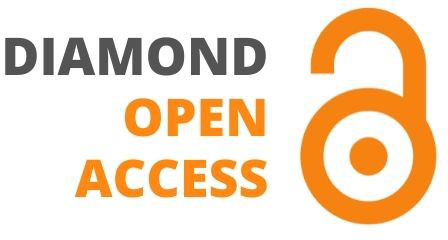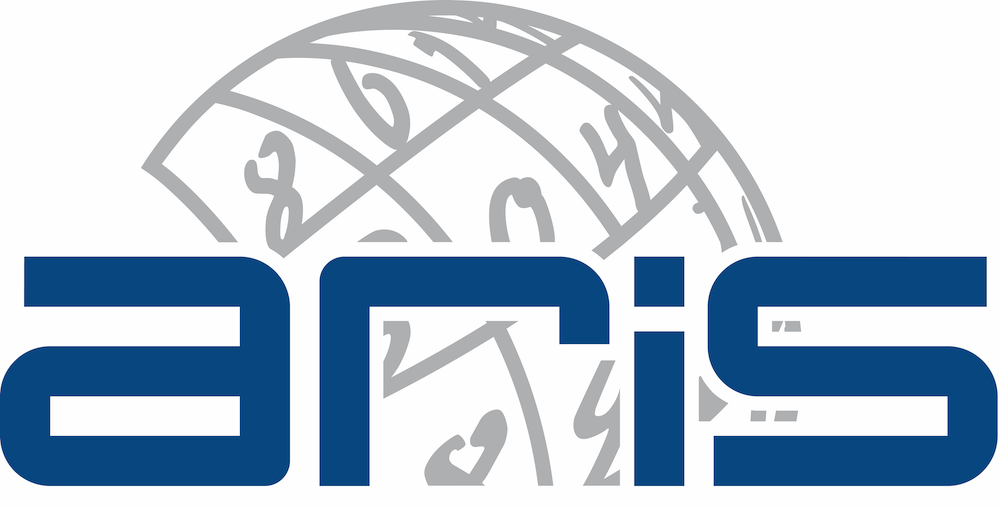Journal of Information Technology in Construction
ITcon Vol. 29, pg. 1-15, http://www.itcon.org/2024/1
Improving Learners’ Self-Efficacy in Performing Design Reviews with Virtual Reality
| DOI: | 10.36680/j.itcon.2024.001 | |
| submitted: | October 2023 | |
| revised: | January 2024 | |
| published: | February 2024 | |
| editor(s): | Amor R | |
| authors: | Fadi Castronovo Ph.D., Evaluation and Assessment Consultant,
Castronovo Educational Assessments and Evaluations LLC ORCID: 0000-0001-6143-1777 fadi@castronovoevaluations.com SeyedReza RazaviAlavi Ph.D., Assistant Professor, Department of Architecture and Built Environment, Northumbria University ORCID: 0000-0002-7372-0354 reza.alavi@northumbria.ac.uk Pablo Martinez Rodriguez Ph.D., Assistant Professor, Department of Architecture and Built Environment, Northumbria University ORCID: 0000-0003-3397-9617 pablo.rodriguez@northumbria.ac.uk | |
| summary: | Research on the use of innovative technology, such as virtual reality (VR), in Architecture, Engineering, and Construction (AEC) education, has been growing in the past twenty years. However, such research still requires robust investigation, as few studies have adopted educational psychology theories and rigorous methods. Furthermore, most of the research has focused on the cognitive effects of VR and additional research is also needed to investigate the affective effects, such as motivation, engagement, and self-efficacy. This study aims to evaluate the effects of technology decision-making between immersive virtual reality (IVR) and non-immersive virtual reality (nIVR) setups for a learning activity on AEC learners. For this, three hypotheses are formulated and tested on 165 UK students. Based on the results, both the designed IVR and nIVR learning activities had significant positive effects on learners’ self-efficacy and user experience with no significant difference between IVR and nIVR delivery. With this research, the authors contribute to the growing literature on VR implementation in AEC classrooms by showcasing a study founded on educational psychology theory and by using a rigorous research methodology. Furthermore, this study illustrates the effects that IVR and nIVR have on students’ affective learning and opens the possibility of new research in the field. | |
| keywords: | Virtual Reality, Self-Efficacy, Motivation, Education, Built Environment, Design Review | |
| full text: | (PDF file, 0.855 MB) | |
| citation: | Castronovo, RazaviAlavi SR, Rodriguez PM (2024). Improving Learners’ Self-Efficacy in Performing Design Reviews with Virtual Reality. Journal of Information Technology in Construction (ITcon), 29, 1-15. https://doi.org/10.36680/j.itcon.2024.001 | |
| statistics: |





